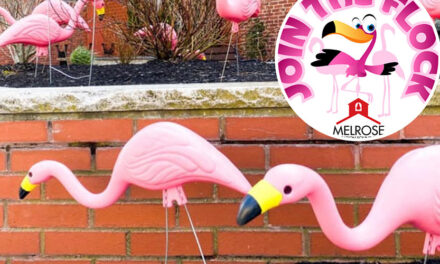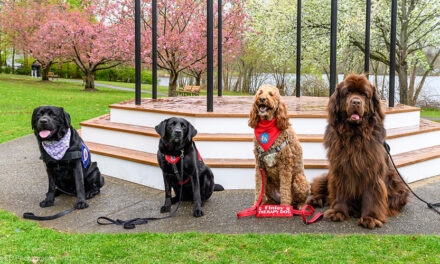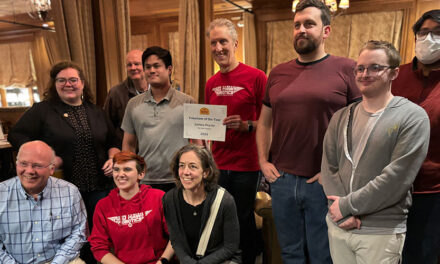Published in the October 14, 2016 edition
This is the first in a series looking at the ballot questions to be decided by voters next month.
By MARK SARDELLA
In addition to voting for president and other offices, voters in the Nov. 8 election will be facing four binding statewide ballot questions.
Question 1 relates to expanded slot machine gaming. The law proposed by initiative petition would allow the state Gaming Commission to issue one additional license for a gaming establishment with no table games and a maximum of 1,250 slot machines. A 2011 casino law passed by the legislature allowed one slot parlor and three casinos. Question 1 would allow one additional slot parlor in addition to the one that has already opened at Plainridge Park.
Question 1 would allow the state Gaming Commission to entertain applications for a gaming establishment located on property that is at least four acres in size, is adjacent to and within 1,500 feet of a race track or where horse racing may be held, and not separated from the race track by a highway or railway.
Critics of Question 1 maintain that the question was written by one casino developer, Eugene McCain, who wants to build a slots parlor complex next to Suffolk Downs in Revere. Critics further contend that the one slot parlor currently operating in the state (Plainridge Park) is significantly underperforming. They also point out that five casinos are expected to open in Massachusetts in 2019, which they maintain is already more than the market can support.
In the Secretary of State’s guide to the 2016 ballot questions, the “in favor” position for Question 1 was authored by McCain on behalf of the “Horse Racing Jobs and Education Committee.” He maintains that an additional slots parlor would provide millions of dollars for Massachusetts communities and create thousands of jobs. He says that in 2013, Massachusetts residents spent $240 million at out-of-state gaming facilities that could have stayed in Massachusetts.
Over the past year, according to McCain, the existing slots parlor contributed over $60 million for Massachusetts communities, plus additional funds paid to the host community. About $1 out of every $5 collected goes to the state’s horse racing industry, sustaining jobs at racetracks and breeding farms. A second slots parlor, McCain contends, would assure the survival of horse racing in Massachusetts while bringing thousands of jobs to the state.
The owners of Suffolk Downs have been quick to point out that while proximity to a race track is key to Question 1, they have nothing to do with McCain’s proposal to build two hotels and a casino on nearby land on Route 1A in Revere. The property, which McCain says he has purchased or has options to buy, is currently home to several auto repair businesses and a trailer park.
Suffolk Downs opened as a race track in 1935. After failed bids to obtain their own casino licenses in 2011 and 2013, Suffolk Downs owners announced that the race track would close in 2014. Live horse racing returned on a very limited number of dates in 2015 and 2016.
Even if Question 1 passes and becomes law, the state Gaming Commission could opt not award a second slots license or they could give it to a different group in another location that meets the criteria of the law.
A “Yes” vote would permit the state Gaming Commission to license one additional slot machine gaming establishment at a location that meets certain criteria set out in the law. A “No” vote would make no change in the current law regarding gaming.




